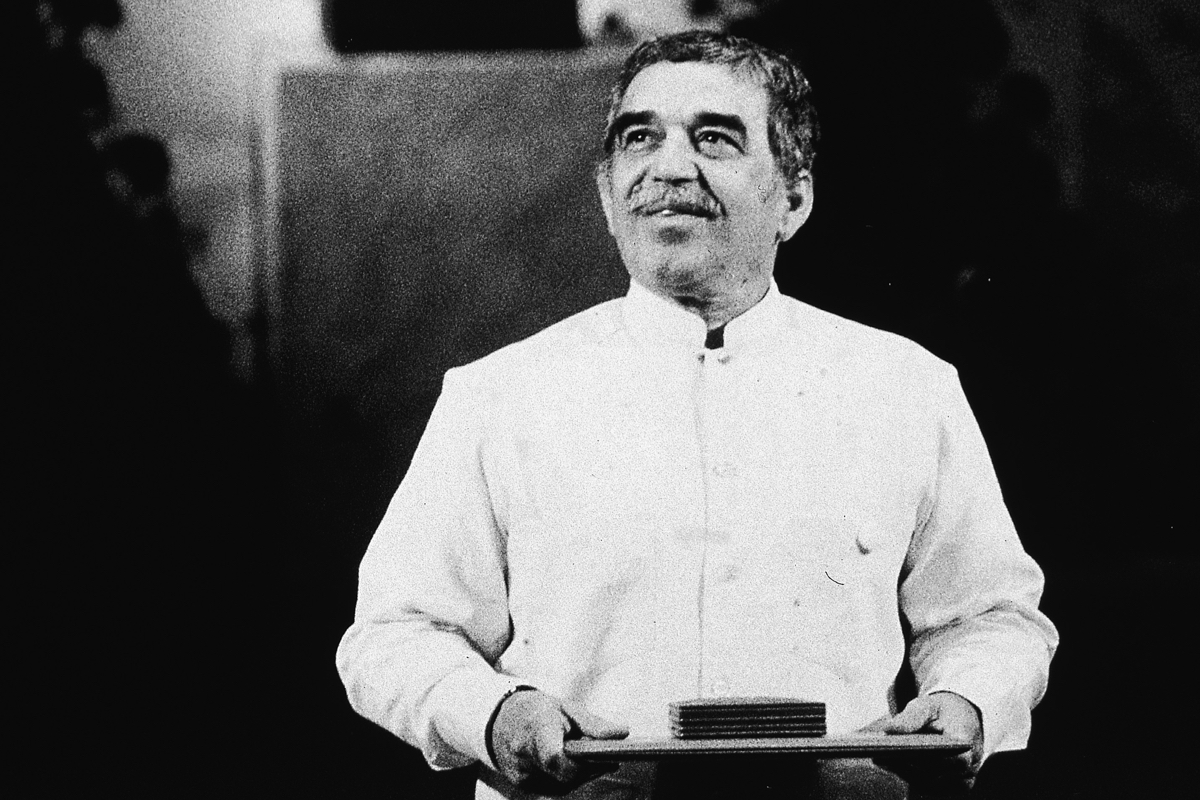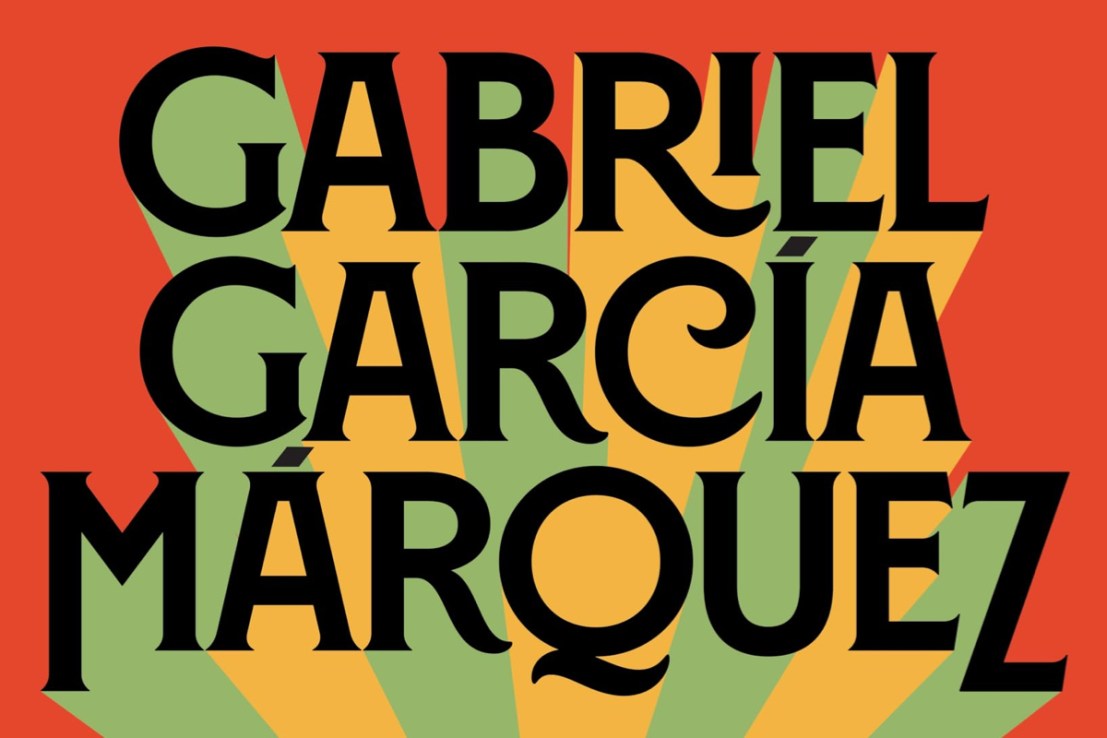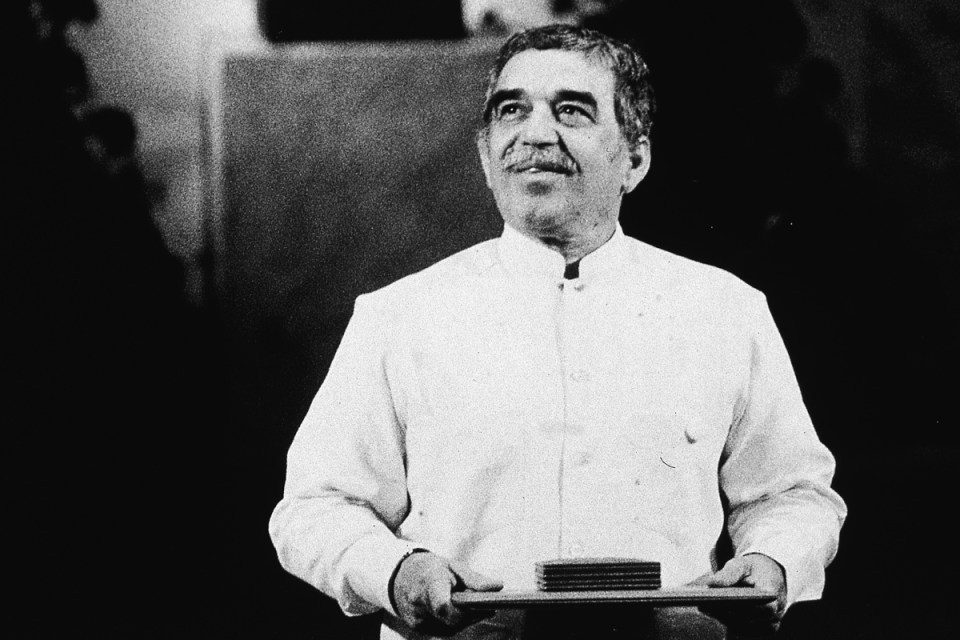Was publishing Gabriel Garcia Marquez novel an act of betrayal?


It’s “an act of betrayal”, acknowledge Gabriel Garcia Marquez’s own sons Rodrigo and Gonzalo in the book’s preface. “We decided to put his readers’ pleasure ahead of all other considerations. If they are delighted, it’s possible Gabo might forgive us. In that we trust.”
Rodrigo and Gonzalo need seek forgiveness because their father was unequivocal on his intentions for Until August: “This book doesn’t work. It must be destroyed.” Yet 10 years after Gabriel Garcia Marquez’s death, packed up in pink and red technicolour, Until August is now available in all good bookstores.
Posthumous publication is a fraught matter. It is by no means new – Samuel Pepys’s diaries and two of Jane Austen’s novels would be lost to us without it – but in today’s age of hyper commercialisation, people as brands, and parasocial relationships between consumer and creator, it appears to be happening more often and more quickly than ever.
Just this year, a largely unedited collection of 46 of Joan Didion’s diary entries, written in reflection of her psychiatry sessions and addressed explicitly to her husband, were published despite Didion’s known disapproval for publishing houses determined to release “every last scrap of a famous author’s work”. Meanwhile, in November, John Le Carre’s son Nick Harkaway published Karla’s Choice: A John Le Carre Novel featuring George Smiley, the most famous character from his father’s novels, with the justification that his father had requested his sons help keep his legacy alive.

In the coming autumn, The Land of Sweet Forever, a collection of stories by the late Harper Lee, will be published. Her last book, Go Set a Watchman, published seven months before her death, caused controversy concerning whether Lee, who had previously stated she would never release another novel after To Kill a Mockingbird, had had proper control over the decision.
Gabriel’s sons’ preface to Until August is provocative in its frankness of its betrayal in a way I imagine is supposed to prompt approval, as if confession were absolution. Unfortunately, even were we to judge righteousness by their own metric – the pleasure of readers – the novel falls short, having received only middling reviews. It’s marketed as a “lost novel”, but this is in bad faith: after writing five versions and being satisfied with none of them, Gabo concluded that “sometimes books need to be left to rest”.
Its publication comes after the death of Gabriel’s widow Mercedes Barcha in 2020, while also following the release of the Netflix adaption of One Hundred Years of Solitude, on which Gabriel’s sons serve as executive producers despite Gabriel’s belief the screen could never do his novel justice.
Indeed, it is the power of literature at the very word level that makes the publishing of unfinished works so tiresome; it doesn’t matter if the raw material was there, editing is an important and – crucially – collaborative process.
A good editor has the power to turn a book from good to great. There is force in the editorial process, the back and forth between two people who fully believe a single word can matter.

“What editors do for writers is mysterious, and does not, contrary to general belief, have much to do with titles and sentences and ‘changes.’ The relationship between an editor and a writer is much subtler and deeper than that,” Didion wrote in an essay on her own editor. The editor gives the author “the image of self that enable[s] the writer to sit down alone and do it.” In other words, is it the relationship between writer and editor that allows for good writing, and that process is alive.
In the editor’s note to Until August, Cristóbal Pera reflects that “the relationship between an author and editor is a pact of trust based on respect”. In the same text he writes how Gabriel was “very protective of his writing in progress”.
It is perhaps ironic then that Until August is largely a book about how we honour the dead. After following the middle years of Ana, who takes a trip every year to the island on which her mother is buried, the novel ends with Ana carrying out a startling defiance of her mother’s wishes. She is resolute that her mother would understand. It’s unclear whether we’re meant to agree.
• Until August by Gabriel Garcia Marquez is out now



